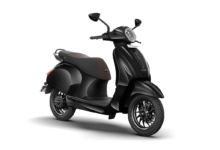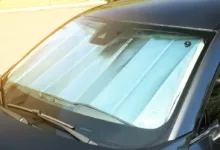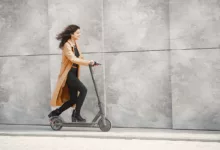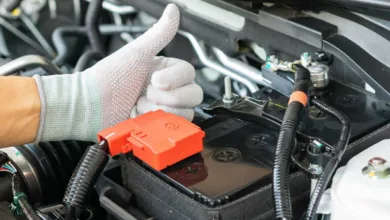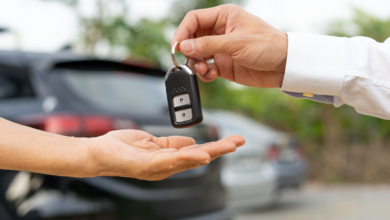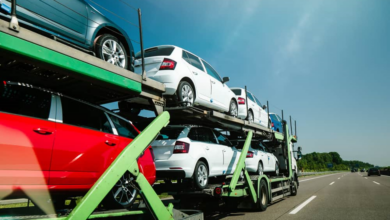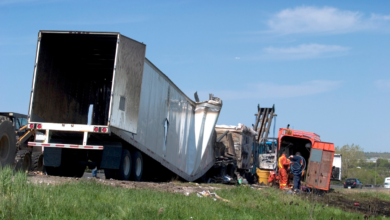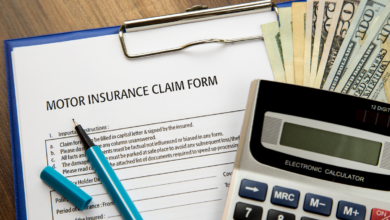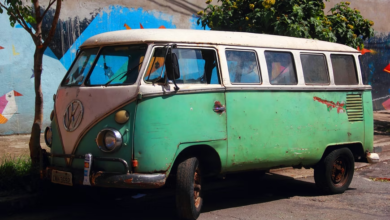Different Boat Trailer Types Every Boater Should Know About
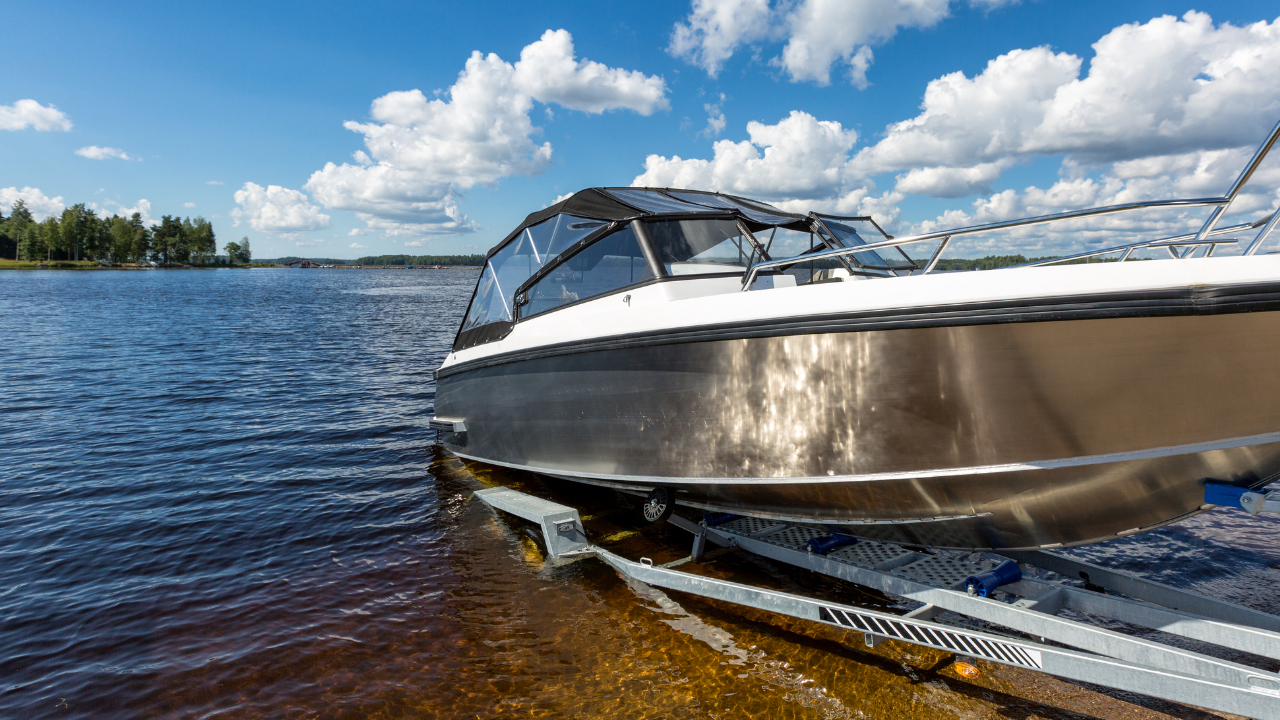
You can ride your vessel wherever you wish to sail with a boat trailer. You can be on saltwater today and ride on freshwater next season with a good-quality trailer. As there are many kinds of boats, there are different trailers like a bunk trailer. And before you check out bunk trailer rentals, let’s find out the many types of trailers available for your type of boat.
4 Major Types of Boat Trailers
Aside from towing your boat to your desired fishing or recreational destination, it would be best if you had a good boat trailer to tow your boat for repairs. You also need one to store your boat come the winter season safely. But there’s a boat trailer to match your type of boat. Here are the four kinds of trailers available for boats.
Bunk Trailers
The most common type of boat trailer is the bunk trailer. This trailer has the simplest structure with two huge bunks or long boards. The bunks support the keel of the boat on each side.
If you have a smaller boat that’s hardly six meters in length, it likely needs a bunk trailer. The bunk trailer is covered with a soft fabric or felt to protect the boat’s hull. This material also helps the boat move off the trailer with ease.
Float-On Trailers
Large boats are a challenge to load and unload from a trailer. It’s impossible to pull a large boat to load on a trailer because of its weight. This is where float-on trailers come in handy.
A float-on trailer is designed to carry larger boats. You can back it up, and its frame will scoop your large boat from the water. When unloading, slide back the frame in the water and let your boat float. Some float-on-trailers are designed for smaller boats to make loading and unloading easier and safer.
Keel Rollers
Keel roller trailers are trailers with rollers in the middle of the trailer. The rollers look like a ladder and are as long as the boat’s keel. An aluminum boat has one of the strongest keels. It needs a keel roller trailer to protect the keel in long-distance towing. Placing an aluminum boat on a regular trailer can damage the keel and other underside components.
Roller Trailers
If you’re taking your boat to shallow water, you need a roller trailer for a safe launch. It’s a challenge to launch a boat on shallow beaches and waterways. With a roller trailer, you can haul your boat and launch it without worries.
A roller trailer is designed for this type of water. Several cylindrical plastic pieces cradle the boat as it moves through the water. The rollers can guide the boat as you back it up the trailer when submerged.
Which Type of Trailer is Best for Your Boat?
The best kind of trailer for your boat depends on many factors. The type and size of your boat should be greatly considered, especially when you plan to tow it long distances. Consider the following:
- Large boats need float-on trailers because of their weight, size, and shape.
- Aluminum boats need a keel roller trailer to protect their keel.
- Launching on shallow water? It would help if you had a roller trailer.
- Small to average-sized boats need a bunk trailer.
- Boats with specific sizes and purposes must use a tailored boat trailer.
Consult your boat dealership if you’re still unsure which type of trailer works for your boat. You may also contact a boat trailer rental service to provide the right trailer for your vessel.
What to Consider When Purchasing a Trailer?
Trailering may be the only option for most people who cannot keep their boats on a dock. A boat trailer is as important as the vessel; thus, you need to pay close attention to its specs when purchasing.
Consider the Boat Size
Boats with beams up to 8’6” inches may be hitched to a trailer. Consider the length and the width of your boat to get the ideal trailer size.
To get the length, measure from the farthest part of the bow towards the end of your boat’s hull. Boat trailers must be at least two feet longer than your boat. When it comes to the weight, find out the wet weight, including the fuel, water, and all other equipment on the boat.
When the wet weight is below 3500 lbs. the boat may be towed using a single-axle boat trailer. The wet weight heavier than 3500 lbs. requires a tandem or dual-axle boat trailer.
Steel or Aluminum Frame?
Boat trailers with a tubular steel frame are strong and secure your lighting and brake lines. You can paint steel any color; however, this can rust over time. A better alternative is a galvanized boat trailer which can resist corrosion. Meanwhile, aluminum trailers are very strong but won’t offer wiring protection.
Trailer Suspension
Boat trailers may have leaf spring suspension or torsion beam suspensions. Leaf springs are the most commonly made from curved steel plates on top of the other. These plates flex to take the shock and the weight of the boat.
Instead of steel plates, a torsion beam suspension system uses a torsion bar. This bar absorbs torsion using rubber cords attached to the axle system.
Braking System
Not all states require brakes on boat trailers, but many prefer brakes for added safety. The most common type is hydraulic brakes which may be used in water. Drum brakes are best for lighter loads or a GVW below 3000 lbs.
Disc brakes use simple hydraulic pressure to apply braking power to the brake pads. These are the most expensive but will need only a few adjustments.
A breakaway braking system is an emergency brake activated if the trailer becomes unhitched. This is activated through a small cable from the coupler to the tow truck hitch in a hydraulic brake.
Bunk Trailer or Roller Trailer
Bunks can support the entire length of the boat’s outer surface. Bunk trailers are mostly wood with a soft and protective carpet on top. Meanwhile, roller trailers allow you to load and launch your boat quickly. But this type of trailer does not secure the hull.
Boat Trailer Winch
The winch is a system that allows you to pull the boat on the trailer. The winch system also secures the boat in place as you tow it. Some winches are operated manually, while some are electric-powered.
Tongue Weight
The tongue is the downward trailer weight, including the hitch ball contents. The trailer tongue weight must not go over 10% of the GTW. If the tongue weight is too light, the trailer may move side to side or forward and backward. But if the tongue weight is too much, damage to the tow truck is inevitable.
Trailer Lights
Choose LED trailer lights than regular incandescent. This type of bulb lasts longer and shines brighter.
Final Words
Choose the right boat trailer that matches your boat and your towing preference. With the many factors affecting your choice, put your boat’s safety at the top. Take time to learn about state boat towing regulations from your current location to your destination. With all these considered, you’ll be ready to tow your boat in no time.
